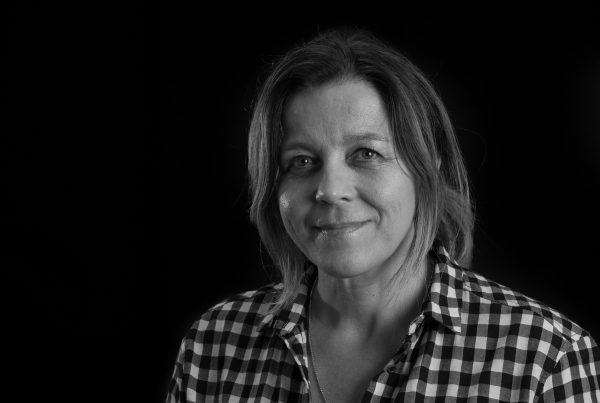Patrizia Ziveri is ICREA Research Professor and Scientific Director at the Institute of Environmental Science and Technology (ICTA) Unit of Excellence, Universitat Autònoma de Barcelona (UAB). Her scientific career has developed in Italy, USA, the Netherlands and Spain. She earned the PhD in Earth Sciences at the University of Padua, Italy, within an exchange program with the University of South Carolina (USC). Her dissertation dealt with the impacts of El Niño climate oscillations on calcareous phytoplankton in the California Borderlands and the Gulf of California, followed by a postdoc at the USC in the group of R. Thunell. She moved to the Vrije Universiteit Amsterdam, The Netherlands, first as a researcher joining the groups of J. van Hinte and P. Westbroek, then as professor/senior scientist. Finally she was awarded with a Ramón y Cajal fellowship in Spain at the UAB before joining ICREA in 2014.
